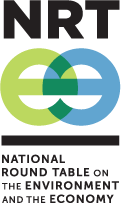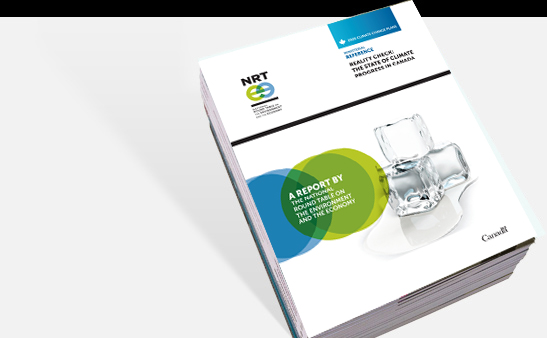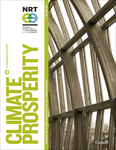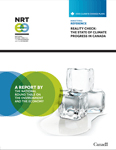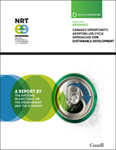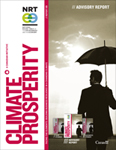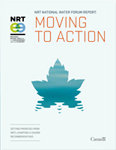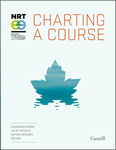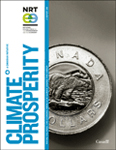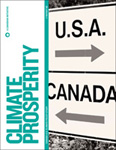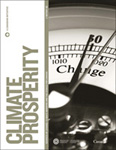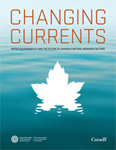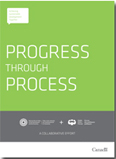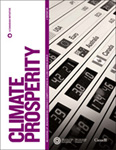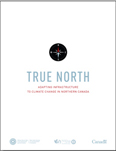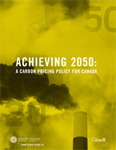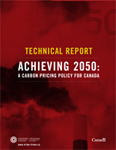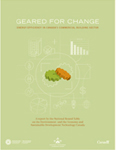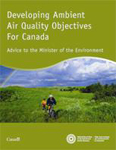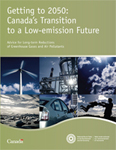Annual Report 2011-2012 – A Look Ahead
2.1 FORTHCOMING REPORTS AND THE CLOSURE OF THE NRTEE
The federal government announced in Budget 2012 that the NRTEE will be eliminated as of March 31, 2013. During the 2012-2013 fiscal year, the NRTEE will complete its current agenda and release scheduled reports in several areas. Reports on business resilience to climate change, life-cycle approaches to sustainable development, federal-provincial progress towards Canada’s 2020 greenhouse gas emissions reductions target and a summary report on the National Water Forum held in January, 2012 were released in the first quarter of the new fiscal year.
The final report in the Climate Prosperity series will set out the need for Canada to transition to a low-carbon economy, analyze low-carbon opportunities for Canada, and explore our low-carbon competitiveness. The report will take the first step in outlining a framework for low-carbon growth, highlighting the policy directions Canada needs to pursue to harness this opportunity, mitigate risks, and minimize costs, and outlining the main elements of a comprehensive low-carbon growth plan.
This respects both our legislative responsibilities and our public commitments to governments, Parliament, and our many stakeholders who have worked closely with us over the past few years giving us their input and guidance on building sustainable pathways for Canada.
While we complete our current work program, we will look for ways to facilitate easy ongoing access to the NRTEE’s tremendous history of reports and advice from the past 25 years for those who might wish to draw upon it in the years ahead.
